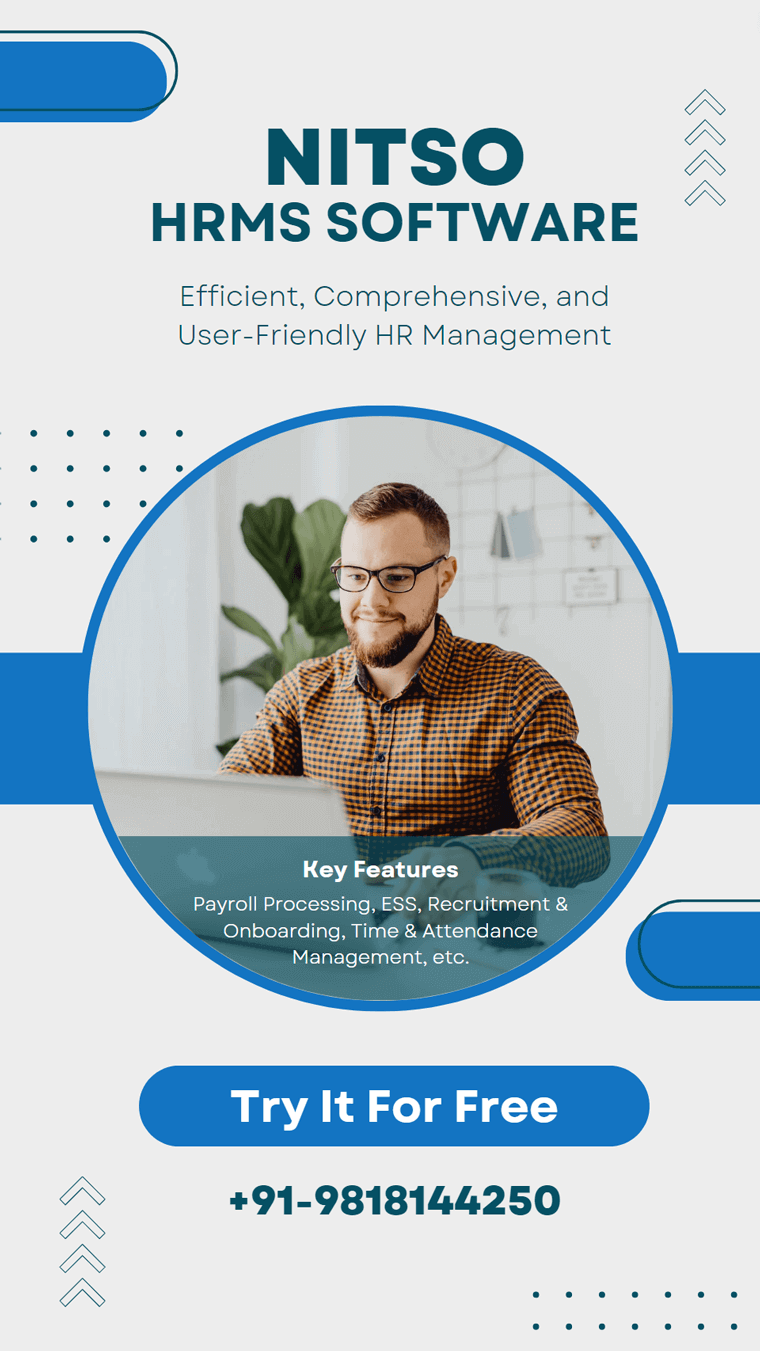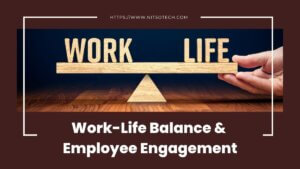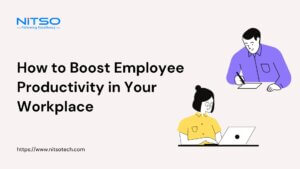In today’s dynamic job market, how can professionals in India effectively develop their careers and remain competitive? With new technologies and strategies emerging all the time, the options can seem endless. But honing your approach is key. According to a 2021 survey by Randstad India, 87% of employees say upskilling improves their career prospects, while 95% say they would stay longer at a company that invests in their career development. Clearly, focusing on intentional career development can benefit both employees and employers.
In this comprehensive guide, we will explore some of the most impactful new tools Indian professionals can utilize to take their career growth into their own hands. Whether you want to build new skills, get objective feedback, expand your network, or increase your visibility, there are more accessible options than ever.
Read on to learn how to effectively incorporate online courses, career assessments, networking apps, portfolio websites, feedback tools, personal development apps, and other resources into your career strategy. With a mix of digital tools and time-tested methods, professionals at any career stage can open doors to new opportunities.
Future-Proof Your Career: New Tools to Unlock Your Potential
1. Become an Expert with Online Courses
Online courses are a great way to develop new skills and advance your career from the comfort of your own home. Popular platforms like Coursera, edX, Udemy, and LinkedIn Learning offer a wide range of affordable, on-demand courses in topics like programming, data science, design, business, and more.
You can take courses to gain expertise in an entirely new field or build upon existing skills. The flexible format allows you to learn at your own pace and on your schedule. Many courses offer certificates upon completion that you can add to your resume or LinkedIn profile. If you’re looking to transition into a new career or stay current in your field, online courses are an accessible option.
Some tips for getting the most out of online courses: Take notes as you go through course materials, participate in discussion forums to engage with other learners, create projects that allow you to apply what you learn, and schedule time to complete assignments to stay on track. Online learning requires self-motivation but the investment can really pay off for your career.
2. Get Clarity from Career Assessments
Career assessments can help you gain clarity on your professional path. There are a variety of online tools and tests to explore your interests, values, personality traits, and skills.
Popular career assessments include the Myers-Briggs Type Indicator, StrengthsFinder, and Holland Code test. These evaluations analyze aspects like your work style preferences, motivations, and strengths. The insights can match you with potential careers and work environments that would be a good fit.
Beyond standardized tests, reflective career assessments prompt you to analyze factors like your goals, passions, past experiences, and lifestyle needs. Taking stock of your unique circumstances and attributes allows for more informed decision making.
Career counsellors can also provide customized guidance. They may administer assessments, but more importantly, help you interpret the results and connect them to tangible steps forward.
Leveraging career assessments, especially during transitions, can help you find more purpose and satisfaction in your work. Be open to what you learn about yourself through these tools. Sometimes an assessment can reveal hidden interests or previously overlooked career possibilities.
3. Expand Your Circle through Networking Apps
Networking apps provide a convenient way to grow your professional connections from your smartphone. Platforms like LinkedIn, XING, and Shapr allow you to expand your network by connecting with peers, mentors, and industry leaders around the world.
A profile on a networking app serves as a professional social media presence. You can showcase your background, skills, and accomplishments on your profile to put your best foot forward. Look to make connections with people working in your target field or at companies you aspire to work for.
These apps also facilitate direct outreach through messaging. You can communicate with new connections to ask career-related questions or request informational interviews. Use messaging thoughtfully to establish rapport.
In addition to individual networking, many apps have user groups centred on career interests, locations, skills, industries, and more. Join relevant groups to take part in community discussions and events.
Notification settings can alert you to job openings, upcoming conferences, and other career development opportunities. Be judicious about which notifications you enable to avoid unnecessary distractions.
Networking apps empower you to self-advocate and pave your own career path. Approach connections as a chance to learn – not just opportunities to find your next job. Nurturing relationships and expanding your circle can support long-term growth.
4. Showcase Your Skills on a Portfolio Website
Having an online portfolio website can be a valuable career development tool to showcase your skills, experience, and achievements to potential employers or clients.
A portfolio site goes beyond your resume to highlight real examples of your work. For creative fields like design, writing, programming, or research, include samples or case studies to demonstrate what you can deliver. Even for other industries, you can include documents like business plans, presentations, reports, or projects.
The website itself acts as an example of your skills. Showcase your web development, content creation, visual design, or communication skills in the design and writing of the site. Maintain a professional tone throughout.
Optimizing your portfolio site for search can help drive traffic and discoverability. Use SEO best practices like keyword research, quality content, and metadata optimization. You can also leverage social media to share and promote your portfolio.
Keep your portfolio current by adding new work and achievements regularly. Remove any outdated information. Having an updated portfolio ready allows you to take advantage of opportunities when they arise.
Your portfolio website serves as a dynamic, comprehensive resource you can direct employers or clients to learn more about your abilities. Putting in the time to craft a strong online portfolio can give your career prospects a major boost.
5. Improve through Feedback Tools
Constructive feedback is a precious resource for continuous career development. With the rise of new digital tools, professionals now have more ways than ever to gather valuable insights from managers, peers, mentors, and even public performance reviews. Here are some tips on using feedback tools for career development:
- Seek feedback from managers and colleagues through one-on-one or anonymous surveys. Tools like Officevibe, TinyPulse, and 15Five allow coworkers to provide anonymous feedback on their performance.
- Sign up for a mentorship program, either through your company or sites like Chronus and MentorCruise, to get guidance from experienced professionals. Having a mentor provides ongoing, candid feedback.
- Use peer feedback apps like Blick or Leapsome that let you request feedback from coworkers at certain intervals. Getting unbiased input from peers can lead to valuable insights.
- For public speaking, recording video presentations and reviewing them can reveal areas for improvement you may not notice in real-time.
- Sites like Climb Credit and Interviewing.io offer practice technical interviews with feedback from industry experts to help prepare for the job search.
- Set up a profile on professional platforms like LinkedIn and Github to display your skills. User endorsements and recommendations provide feedback on your abilities.
- Schedule regular check-ins with your manager to solicit direct feedback on performance, skills to build, and career goals. Don’t just do this at formal reviews.
The key is routinely seeking out and acting on feedback from those familiar with your work. Being proactive can help you identify strengths as well as development areas to work on to further your career.
6. Optimize Your Potential with Personal Development Apps
Beyond hard skills, developing soft skills and constructive work habits is also critical for ascending your career. Fortunately, the app revolution has created new avenues to build this personal and professional discipline via the devices in the palm of your hand. Here are some tips on using personal development apps to further your career:
- Use productivity apps like Todoist, Trello or Asana to stay organized, manage your time, and prioritize tasks that align with your career goals. Setting reminders can help build disciplined work habits.
- Learning apps like Udemy, MasterClass, and edX allow you to build job-relevant skills at your own pace. Their structured courses and microlearning options make it easy to fit into a busy schedule.
- Coaching apps like Coach.me and Quenza offer personalized programs with actionable steps and reminders to achieve professional development goals like improving public speaking skills or managing up at work.
- Mental health and mindfulness apps like Headspace and Calm provide techniques to manage stress and build resilience – essential skills for workplace effectiveness and career longevity.
- Apps like Grammarly, Hemingway, and Google Docs help strengthen your writing skills for emails, reports, presentations and other vital workplace communication. Clear writing is key for conveying ideas effectively in any profession.
- Apps like LinkedIn Learning, Blinkist, and Flexiple offer bite-sized microlearning content to build expertise and stay on top of industry trends during pockets of downtime throughout your day.
- Tracking habits and metrics with apps can reveal insights into productivity, effectiveness and work-life balance. Use this data to inform career decisions.
Taking advantage of apps’ convenience, interactivity and breadth of content can facilitate continuous learning and development for career advancement.
7. Additional Strategies for Using Career Tools Effectively
While the digital era has unlocked countless new career development possibilities, professionals shouldn’t forget about more traditional methods either. Some time-tested approaches remain relevant when used in tandem with modern tools. Here are some additional tips for using career development tools effectively:
- Set specific goals so you can select the most relevant tools for your needs. Know exactly what skills or outcomes you want to achieve.
- Combine different tools together for a well-rounded approach. For example, take an online course as well as join a professional association in the same field.
- Look for opportunities to put new skills or knowledge from career development activities into practice on the job. Applying what you learn helps boost retention.
- Schedule time for career development just as you would for other priorities. Browse online courses, network groups, or mentors during your commute or over morning coffee to make it a habit.
- Find low-cost or free options like public library resources, professional associations for students, university career centres and networking events to maximize value.
- Reflect on what you gain from career development activities and tools. Track their impact on your knowledge, skills, networking ability and career trajectory.
- Stay current on new tools and trends in career development by subscribing to relevant blogs, newsletters or online communities for your field.
- Consider how your stage of career may dictate which tools are most beneficial at the moment. For example, recent graduates may benefit more from assessments and mentors.
- Don’t underestimate the value of traditional career development methods like book reading, informational interviews and job shadowing as well.
Aligning career development activities with your goals and staying open to different formats for learning will help ensure you choose tools with the highest payoff.
Closing Thoughts
In today’s digital era, professionals in India have an unprecedented range of technology-enabled tools at their fingertips to advance their careers. Online learning, mobile apps, virtual networking, websites, and data analytics now allow us to develop our skills and connections on our own terms. But while the possibilities are endless, focusing on what matters most for your individual goals and using new tools strategically is key.
Approaching career development as an ongoing process, rather than a one-off event, allows you to consistently evolve. Be open to new methods and commit to investing time into your own growth. Combining traditional development approaches with modern tools tailored to your needs can unlock your career potential. The investment made will deliver dividends across the various stages of your professional journey. Article you might be interested in How can you effectively evaluate career development programs for staff retention?








0 Comments